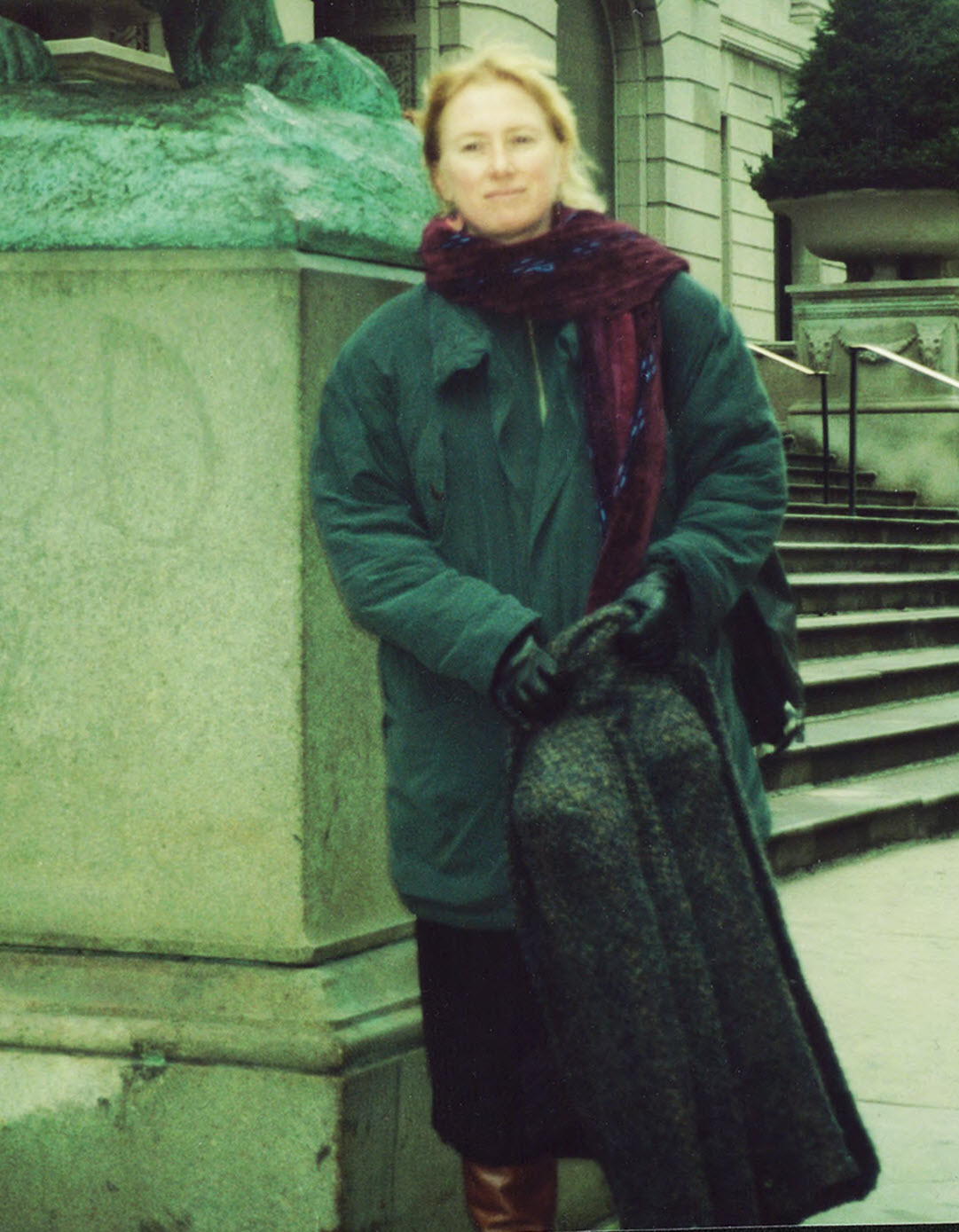Document Type
Article
Publication Date
9-1995
Abstract
In 1835 an antislavery sympathizer leaving a lecture by Theodore Dwight Weld went home to dream that she was transported above the world; looking down at the United States, she saw "multitudes of sable figures, bending beneath a scorching sun -- their backs lacerated by the whip -- scourged, maimed, loaded with irons -- subject to every insult -- and exposed to every gust of unbridled passions." The dreamer, a Mrs. Sturges, drew from many discourses in describing her lengthy dream, but the fundamental trope of her visionary narrative was the story of the suffering slave, a trope that in the 1830s began to play a crucial role in an unfolding language of individual rights.
Recommended Citation
Elizabeth B. Clark, "The Sacred Rights of the Weak": Pain, Sympathy, and the Culture of Individual Rights in Antebellum America, 82 J. Am. Hist. 463 (1995).



